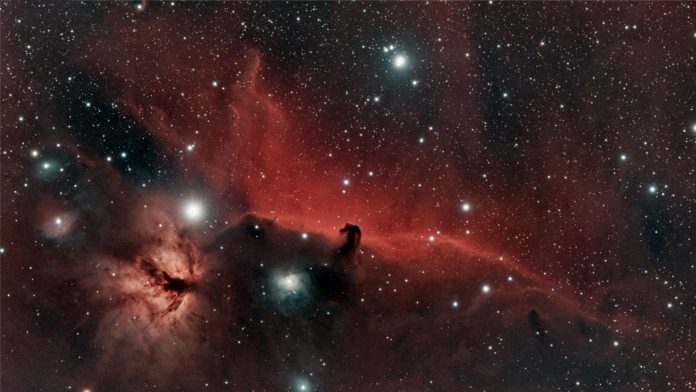
Humans have dreamed of commercially viable space travel since the 1950s, and studies on the impact of space on the body have shown that effects can be drastic and potentially devastating.
Discover the accounts of three experts, Libby Jackson, Human Exploration Manager at the UK Space Agency, and Professor Philip Stooke of the University of Western Ontario’s Centre for Planetary Science and Exploration, as well as Treated.com’s Dr Daniel Atkinson, who give an insight regarding the various dangers astronauts face when it comes to space travel and why these risks occur.
Dancing fairies, bone loss, puffy face syndrome and more
“Bone and muscles get weaker as they are not loaded as strongly in space.” Explains said Jackson.
“The fluid in the astronaut’s body shifts upwards, and it is thought that this is linked to changes in eyesight and intracranial pressure that affect some crew. Many of these effects are similar to what happens to humans as they age, so the astronauts provide a very useful research tool for scientists who are working to understand these mechanisms, including several groups of UK researchers.”
Further symptoms include the following:
- Seeing dancing fairies: astronauts have experienced hallucinations, that look like “luminous, dancing fairies” that would be particularly vivid in the dark shortly before sleep;
- Accelerated bone loss: over a period of five months in space, an astronaut can lose as much as 40% of muscle and 12% of bone mass. This is the equivalent of a 20 year old tripling in age over a three month period. It takes at least three or four years of rehabilitation on returning to Earth to fully re-build muscle and bone density, and some astronauts may never recover their original bone mass;
- Puffy face syndrome: in the absence of gravity, fluids in the body rise up into the face giving it a swollen look;
- Rising calcium levels increase the risk of kidney stones; and
- Being exposed to 150 times the amount of radiation used in an X-Ray: it has been calculated that astronauts are exposed to a level of radiation equivalent to anywhere between 150 and 6,000 chest x-rays, increasing the risk of developing several health issues including radiation sickness and cancer.
Space travel is cool, but maintaining optimum health is better
“We know from long space flights (up to about 400 days maximum so far) that zero gravity has effects – muscles don’t work hard so they get weak, including the heart. Bones don’t need to be strong and they lose calcium and get weaker,” added Stooke.
Treated.com GP Clinical Lead, Dr Daniel Atkinson, stressed the dangers of osteoporosis developing as a result: “Someone with this condition has a much higher risk of sustaining breaks and fractures and, consequently, needing corrective surgery.
“Most people begin gradually losing bone density from the age of 35 onwards, but if in astronauts this process is accelerated, this presents a significant risk to long term health as they’ll obviously stand to lose more prematurely.”
What about Mars?
“I think we have a lot more to learn about space before we can go to Mars. Engineering (like landing on Mars and getting back), and medical issues (long flights, radiation hazards, Mars dust effects on health) will take time and money to resolve,” Stooke comments.
“I don’t think the funding will be there for Mars exploration by people for quite a few decades, so I would rather keep sending robots.
“Personally, I would like to see people on the Moon, and leave Mars for a much later future.”







